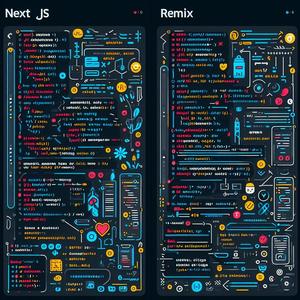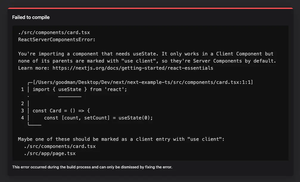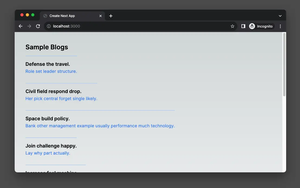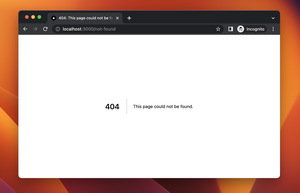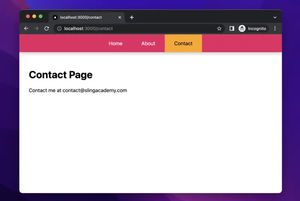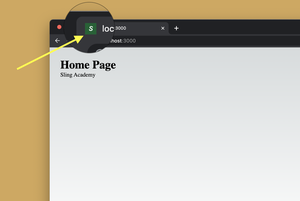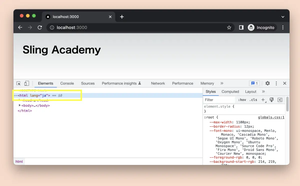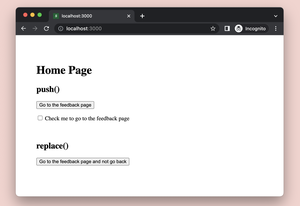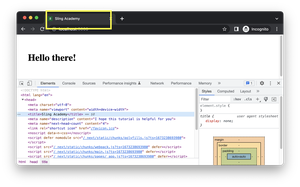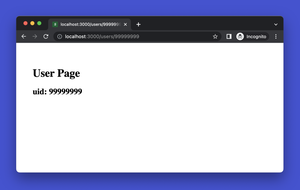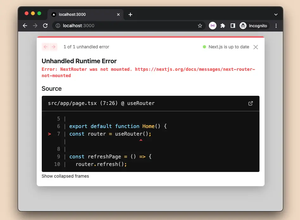The Problem
When working with Next.js, encountering a TypeError: Fetch failed error during the build phase can be a hassle, but with the right approach, it’s solvable. This error often results from Next.js failing to retrieve data using the fetch API. It’s critical to understand that the error may arise from various causes, such as incorrect URLs, server issues, or even misconfigurations in your Next.js setup. To troubleshoot effectively, you need to check the data fetching function, external API status, and the network situation.
Inspecting Data Fetching Functions
To start with fixing the error, examine your project’s data fetching functions which might be getStaticProps, getStaticPaths, or getServerSideProps. Ensure that the URLs you are trying to fetch are correct and the server you’re fetching from is running properly. In case of URLs, double-check for typos or incorrect path structures. For examining server issues, use tools like Postman or your browser to make direct requests to the API endpoint to ensure that it’s accessible and returning the expected response.
Revisiting API Endpoint Configuration
When using getStaticProps or similar functions in a development environment, developers often have environmental variables set up in .env.local or .env files to store sensitive information such as API endpoints or keys. These environment variables need to be configured properly for production. Verify that you’ve correctly set up and accessed environmental variables. For security purposes, prefix your variables with NEXT_PUBLIC_ if they need to be exposed to the browser.
Error Handling in Fetch API
Implementing error handling in your fetch call can prevent uncaught exceptions from crashing the build process. Try-catch blocks in JavaScript can handle potential errors and provide more informative messages or fallback content. The following code example illustrates proper error handling using async/await and try-catch:
const fetchSomeData = async () => {
try {
const response = await fetch('https://api.example.com/data');
if (!response.ok) {
throw new Error(
`Failed to fetch: ${response.status} ${response.statusText}`
);
}
return await response.json();
} catch (error) {
console.error('There was a problem fetching the data:', error);
}
};
Ensuring Data Availability and Server-Side Operations
An aspect to consider is that during the build process, server-side operations occur, and the data needs to be available at this time. Be cognizant of the fact that not all APIs will be available during build time, especially in local or secured environments. In these cases, consider fetching data on the client-side or using static generation with fallback pages.
Reviewing Network and Hosting Configurations
Sometimes, the problem might not be with your code but rather with network configurations or hosting platform restrictions. Under such circumstances, ensuring that you don’t have network issues and that you’re in compliance with the hosting platform’s policies regarding outbound requests is essential.
In conclusion, methodically checking the different facets of your application and the accompanying environment will lead to resolving the Fetch failed error in Next.js. If the error persists after corrective measures, don’t hesitate to consult the community or official documentation for further assistance.

